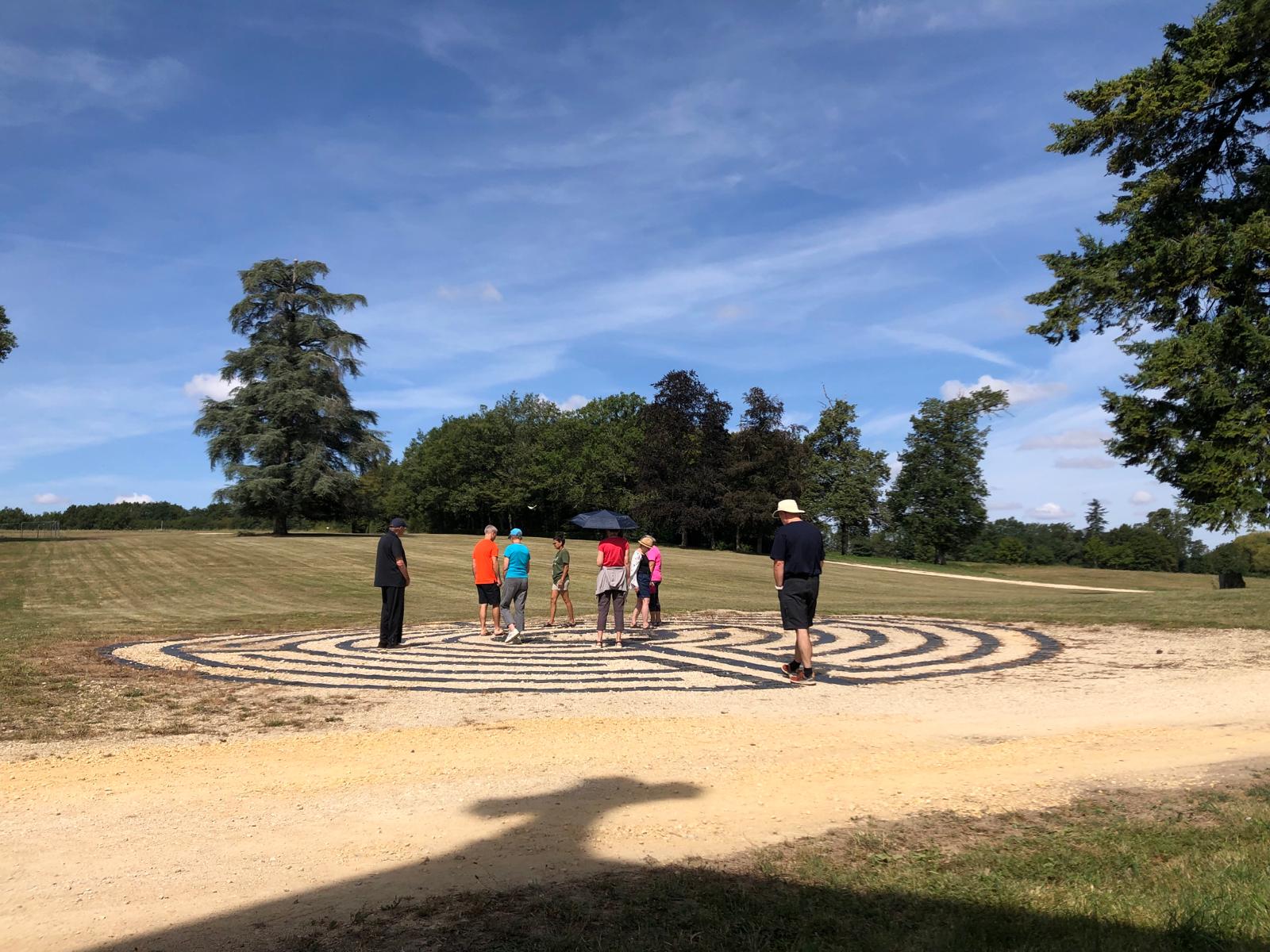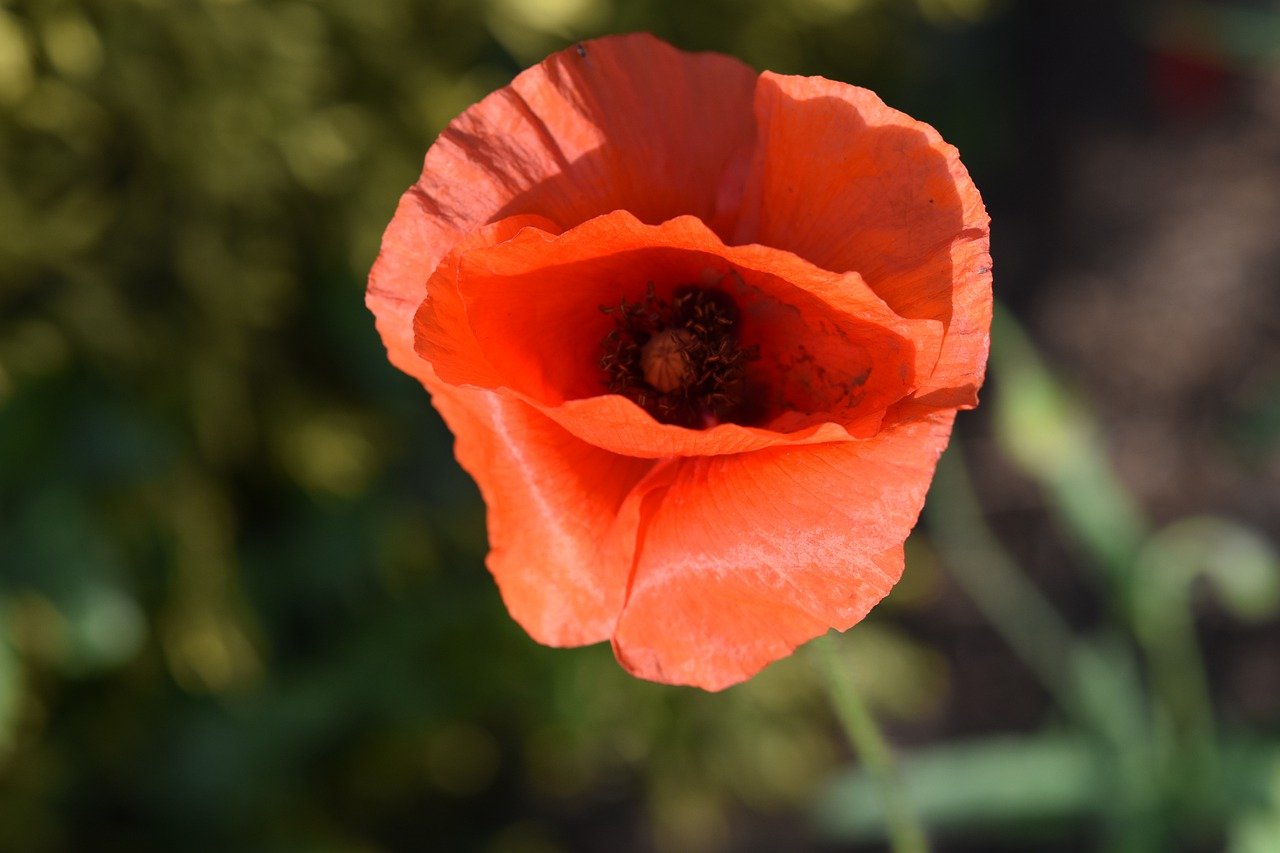We have been exploring the importance of self-knowledge on two levels: self-knowledge of the ego and the blocks it presents on the spiritual journey and true self-knowledge of the ground of our being as ‘children of God’.
Laurence Freeman starts Jesus, the Teacher Within with the question Jesus poses to the disciples: ‘Who do you say I am?’ “One day when he was praying alone in the presence of his disciples, he asked them, ‘Who do the people say I am?’ They answered, ‘Some say John the Baptist, others Elijah, others that one of the prophets has come back to life.’ ‘And you’, he said, ‘who do you say I am?’ Peter answered, ‘God’s Messiah. (Luke 9:18).
Jesus did not pose this question out of any ego-centric need for esteem but asking it in the context of prayer facilitated the disciples own insight – ‘Who do you say I am?’ The answers it elicits shows us that even then, being around Jesus all the time, each person still had a different perspective not arising out of their immediate knowledge of Jesus but out of their own needs and opinions. And time has not changed this way of reacting. Our answer is “constricted by our personal and cultural point of view. Once we have pictured Jesus in our imagination, it is tempting to enrol him in support of our opinions and prejudices.” The answers say more about us than about Jesus.
We avoid thinking about this question of Jesus, as Laurence Freeman points out: “For many Christians….this is a question they have never really listened to seriously or taken personally. Doing so will have a profound effect on their self-understanding as well as their sense who he is.” We feel uncomfortable and even fearful to really face this question of not only who Jesus is but who we truly are. Whatever we hear from Scripture about the Divine ground of our being, our woundedness and conditioning prevent us from really accepting this on a personal basis. It would require us to face our ‘demons’, our ‘shadow’ and that is difficult, as it involves change and change is always tough and painful. We prefer to stay as we are – we are even attached to our wounds, as they are familiar. We need courage, humility and faith to face our ‘demons’. But as they saying goes: ‘Name your demons and your heart will tolerate them better.’ Without doing that, which leads to self-knowledge, we remain prisoners of our needs and drives. Only self-knowledge supported by grace leads to true freedom by opening up all of our resources, including our intuitive faculties to tap into Cosmic Love and Wisdom. At some level we do share in “the universal understanding that we cannot know anything, let alone God, without knowing ourselves”. Self-knowledge, knowledge of Jesus and of God are one.
The importance of self-knowledge is emphasised not only by spiritual teachers but also by philosophers. ‘Man know thy self’ was written over the entrance to the Delphi Oracle in Ancient Greece. And from Socrates we hear ‘The unexamined life is not worth living’. Before we can ‘know’ Jesus and through him God we first have to ‘cleanse our doors of perception’, by ridding ourselves of our false perceptions of ourselves and God. This true self-knowledge is therefore not self-knowledge for its own sake, but as a way to get in touch with your real self and the Divine Reality that permeates and supports us. Moreover, self-knowledge goes hand in hand with realising our full potential – we hear Jesus say: ‘I have come that they might have life, and that they might have it in all abundance.’ (John 10, 10) How few people really listen to Jesus’ deep teaching and let it transform their life!
Image by Myriams-Fotos from Pixabay







